Teaching kids how to be safe around the farm
Ohio State University graduate student Molly Michael is working on an ag safety curriculum for K-8 educators about being safe while performing tasks on the farm.
Read MoreTwo Ohio women have taken leadership roles in national agriculture organizations. Sheep farmer Susan Shultz of DeGraff, Ohio, is president of the American Sheep Industry Association, a position she started in January 2021 and will hold for two years. Kelly Harsh of Delaware, Ohio, has been president of the Ohio Corn and Wheat Growers Association since January 2021 and in September was appointed to the National Corn Growers Association board.
Women made up 36% of the nation’s farmers in 2017, according to a U.S. Department of Agriculture census, and are key decision-makers on about 56% of U.S. farms. And they’re often leaders in the industry, a 2019 survey by the American Farm Bureau Women’s Leadership Committee found. Seventy-five percent of those surveyed said they are local-level leaders, and 98% said they have the expertise to be leaders in agriculture.
That doesn’t surprise Shultz or Harsh.
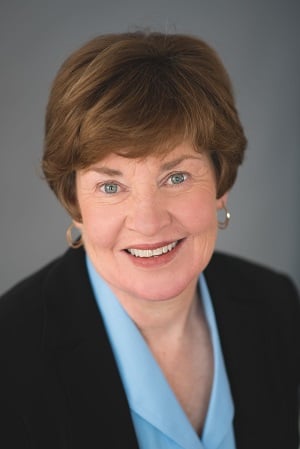
“I want to be looked at as someone who can make a difference,” said Shultz, a Logan County Farm Bureau member who raises Suffolks for the commercial sheep industry with her husband, Bill. “I don’t want people to say: ‘Oh yes, we have a woman as president.’ I’d rather them say, ‘We have a leader.’”
Shultz grew up on a sheep and cattle farm in Wayne County and learned many of her leadership skills in 4-H. After graduating from Ohio State University she spent six months in Turkey as a 4-H exchange student, a life-altering experience for a farm girl from a small town, she said. But she credits some of her drive to be a sheep industry leader to her husband, whose family has long been involved with sheep-focused organizations while raising sheep at their Bunker Hill Farm, where she and her husband live.
“I married Mr. Sheep,” she said with a laugh, pointing out that father-in-law Farrell Shultz was the first president of the Ohio Sheep Improvement Association and both she and her husband have served their turns in that top position.
From there she ran and was elected to the executive board of the ASI, whose headquarters is in Englewood, Colo.
“The sheep and lamb industry has had women leaders for many many years,” Shultz said. And although she’s been in sheep industry organizations where she was the only woman, the national board is nearly evenly split between men and women now.
That may be, in part, because the industry is so diverse. Of the 100,000 U.S. sheep producers, some raise sheep for wool and meat, some for just wool or meat and some to create fiber art from the fleece.
“It’s an exciting industry to be a part of,” she said. “Lots of young people have other jobs and also raise sheep. My husband and I believe in the sheep industry and want to see it grow.”
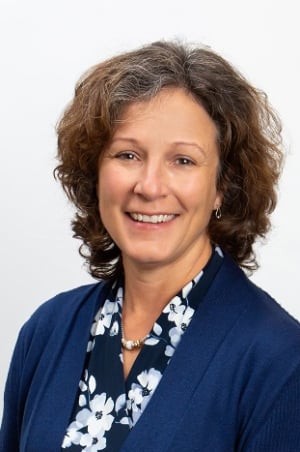
Harsh is one of two women on the 15-member OCWGA board and one of two on the 15-member NCGA board. She and her husband, Glenn, operate Glenndale Farms, growing corn and soybeans.
Harsh grew up on a dairy farm in Wapakoneta in Auglaize County and worked in accounting until 2008, when she quit to help with the farm and to raise the couple’s three sons. Both she and her husband’s family were involved in farm organizations, so being active in groups such as the county Farm Bureau was a natural for her. She is a member in Delaware County.
“For me it’s been important to step up and be part of discussions that are impactful to my family and our farm,” she said. “Thoughtful consideration of farming issues is important.”
She encourages other women in agriculture to get involved and suggests smaller responsibilities, such as committee membership or working on one project, as an entry point.
“My advice is to be informed, read emails and newsletters and consider participating in micro volunteer roles with the time you have available,” she said. “Know that your insights and participation are welcome. I’ve been warmly welcomed and always encouraged to give my input.”
A number of opportunities foster leadership among female farmers. One is the USDA Women in Agriculture Mentoring Network, which produces a monthly newsletter with stories and opportunities for women in agriculture. Others are offered by the American Farm Bureau, which has a communications boot camp where women can hone their speaking skills as well as a newsletter put out by the AFB Women’s Leadership program.
Shultz said she never felt any leadership doors were closed to her because she’s a woman in agriculture.
“I didn’t feel like there were any barriers. I’ve always wanted to be involved and my parents gave me the confidence to just do it,” she said. “Ohio has had many women on their agriculture boards for years; we don’t look at gender, we look at leadership skills.”
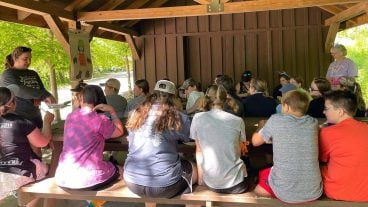
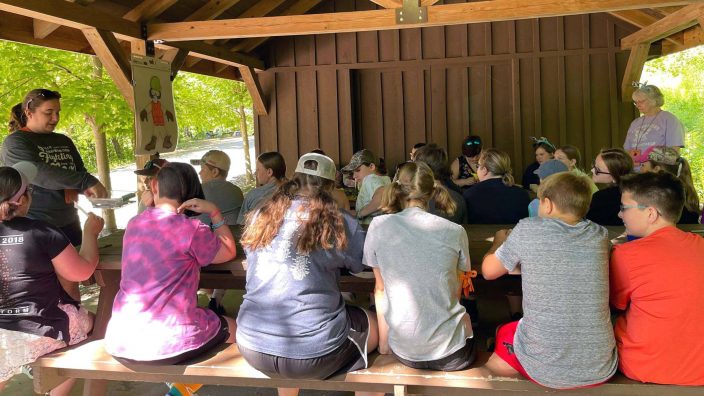
Ohio State University graduate student Molly Michael is working on an ag safety curriculum for K-8 educators about being safe while performing tasks on the farm.
Read More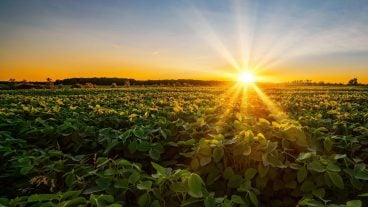
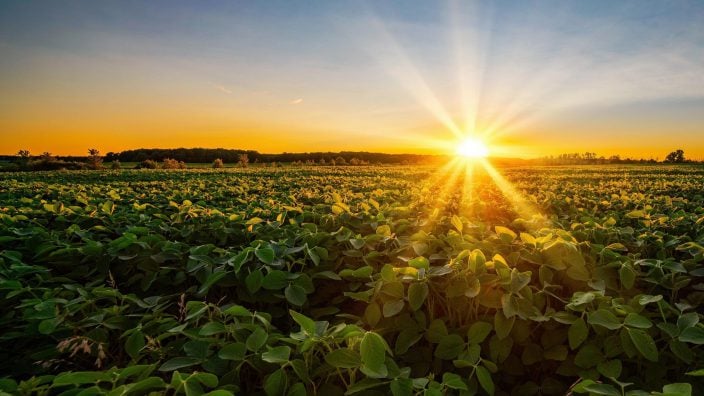
Being a member of Ohio Farm Bureau means having access to a suite of first-class business solutions that enhance your operation’s bottom line.
Read More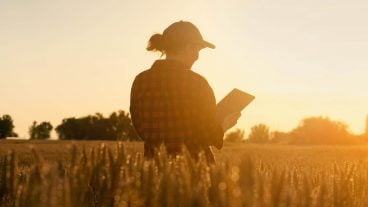
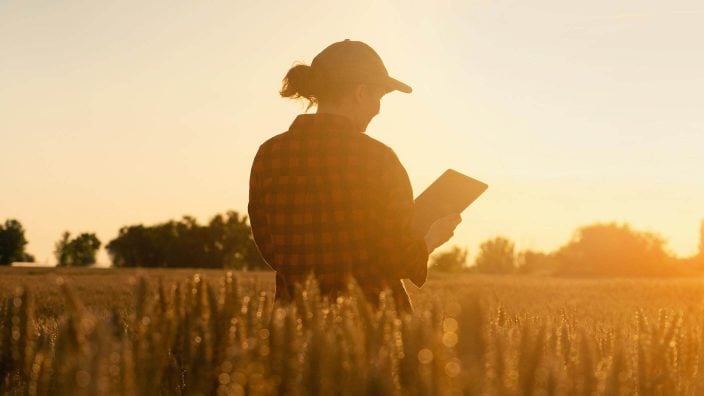
Two Ohio women have taken leadership roles in national agriculture organizations: Susan Shultz and Kelly Harsh.
Read More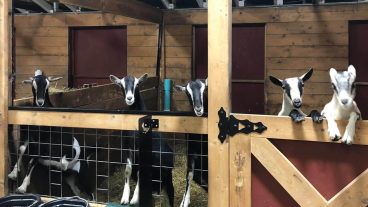
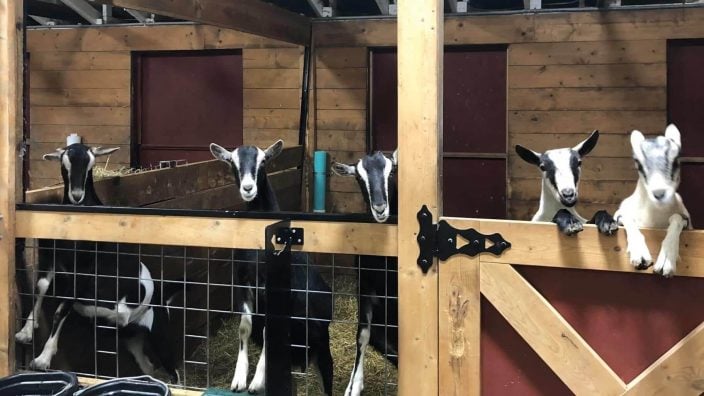
What started as a very small soapmaking hobby at Frog Pond Farm & Dairy has grown to be an enterprise that currently includes pasteurized fluid milk, seven flavors of chèvre cheese and several varieties of decadent fudge.
Read More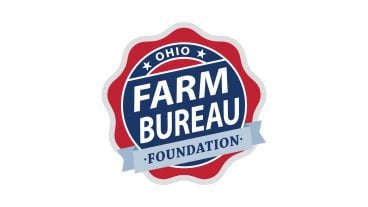
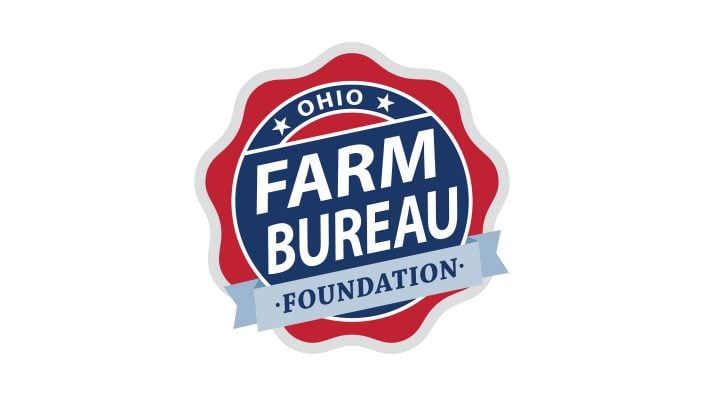
Over the last few years, the Ohio Farm Bureau Foundation has put intentional focus on its purpose architecture to create more clarity and awareness around what the foundation is and its work.
Read More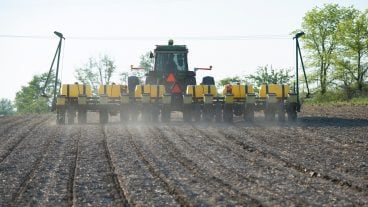
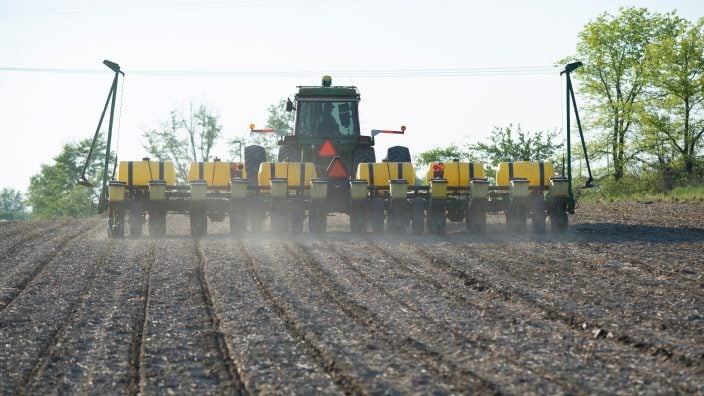
As we continue to stay ahead of the curve for farmers and ranchers, find out how we can work together to protect your next.
Read More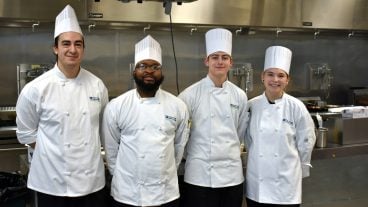
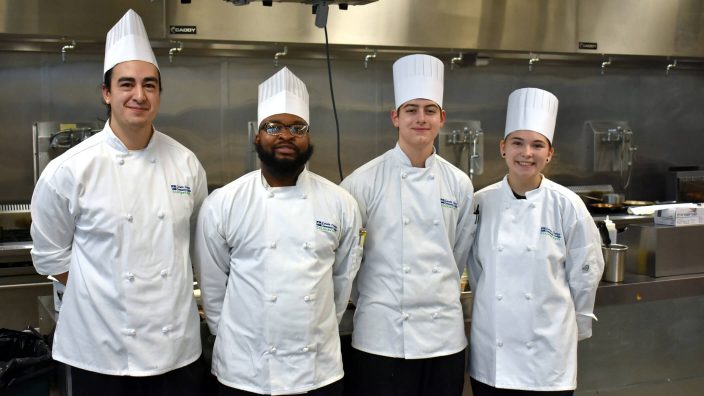
Get to know Lorain County Community College Culinary Arts students Matthew Gregory, Brandon Woodall Sr., Garret Underwood and Megan Rataj.
Read More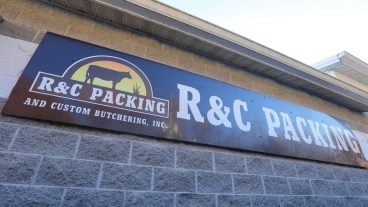
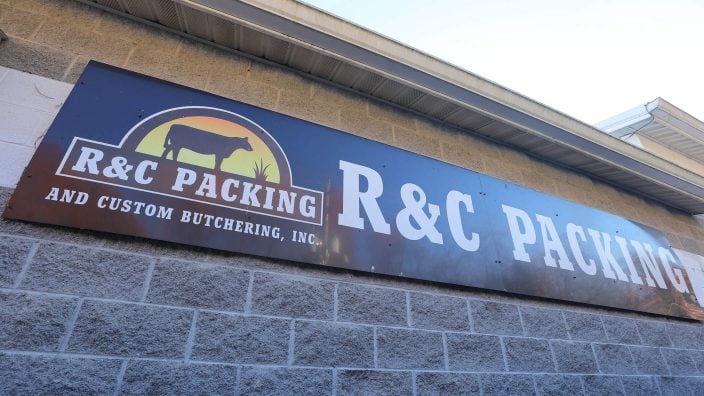
Ohio meat processors like Jamie Graham, owner of R & C Packing, have been hard pressed to keep up with demand for their services. Consumer interest in locally raised meat has been steadily increasing in recent years, and the COVID-19 pandemic boosted demand further.
Read More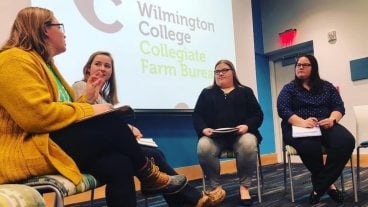
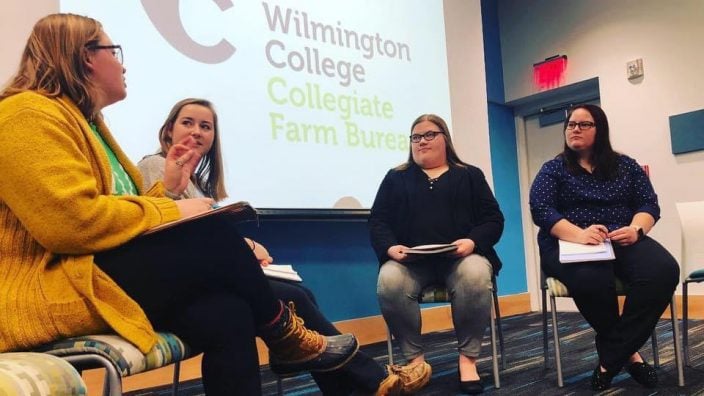
Collegiate Farm Bureaus at both Wilmington College as well as Ohio State University offer students with any major or specialization the opportunity to belong.
Read More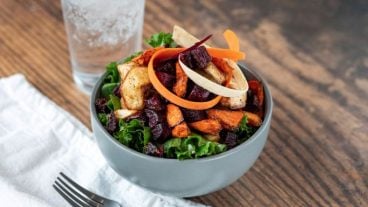
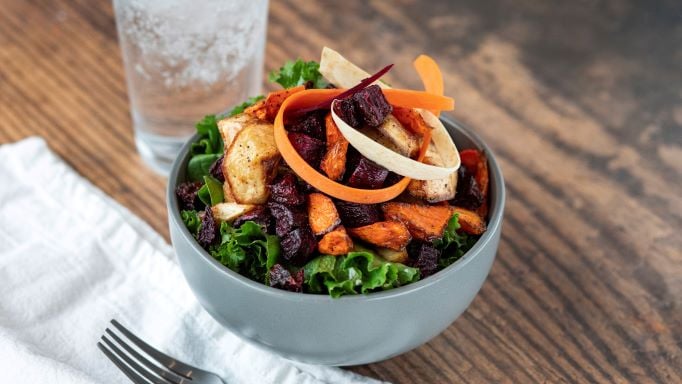
Editor Kelli Milligan Stammen shares what’s in store for readers, including recipes, member features and what’s next for Farm Bureau in 2022.
Read More